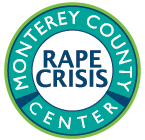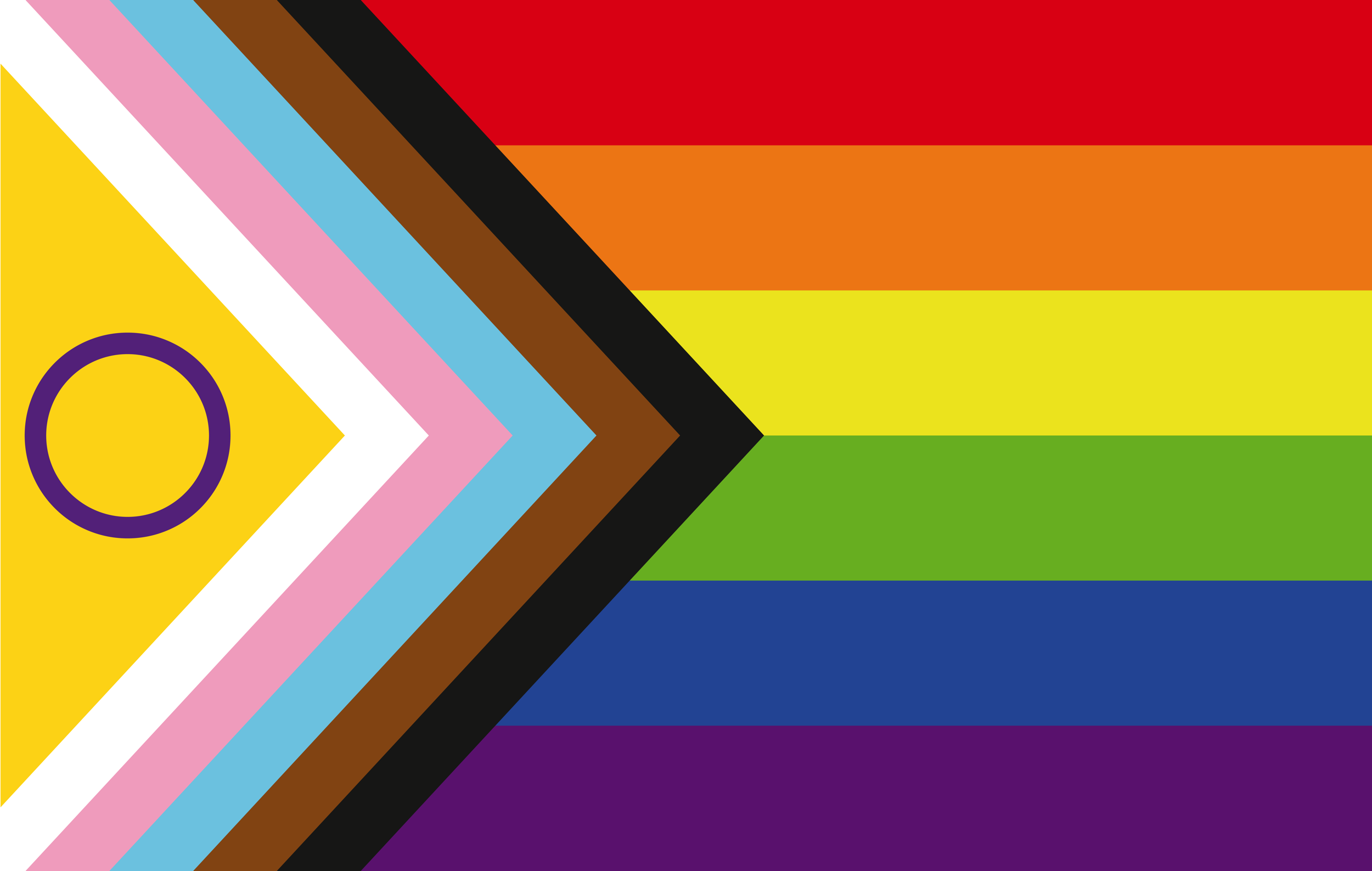Originally published on our blog on April 11, 2018. Taken from an article written by Corrina Zandakis, our CSUMB Campus Advocate
1 in 2 women and 1 in 6 men will experience some form of sexual violence in their lifetime. Many will never report their assault to anyone. For those that do decide to share, the person they first tell is most often a friend or other trusted person.
That first experience of sharing what has happened can be one of the most important moments in a survivor’s healing process. If a survivor has a positive first experience in disclosing, they will be more likely to continue sharing and looking for support, help, and healing. If the survivor has a negative first experience in disclosing, they are more likely to blame themselves, not engage in any sort of police or university process, and may delay in seeking help when they need it. So responding appropriately, positively, and effectively to disclosures of sexual violence is paramount but what are some ways we can all keep in mind to make sure we are responding in a good way?
The first thing we can do is believe survivors when they disclose their assault to us. Only 2 to 10 percent of sexual assault reports turn out to be false. We have nothing to lose by starting from a place of believing, while survivors have much to gain from hearing and feeling that we believe them. Many survivors don't report their assault to anyone because they worry they will not be believed. Saying a statement like, "I believe you," may sound cliche and might even feel odd at first, but it really can encourage a survivor to keep seeking help and support.
Second, we can listen to them. The best way to show you care and want to support someone is by actively listening to what they are saying. Some survivors may want to talk about the assault, other survivors will have other concerns they need addressed. It’s best to let the survivor be the driving force in the conversation; don’t push for details you don’t need and avoid asking irrelevant questions. If you are required by your job to report the disclosure, make sure the survivor knows that as soon as possible!
The third most important thing we can do is offer resources such as the Monterey County Rape Crisis Center. Not all survivors need professional help after an assault but many do. You can even offer to come with the survivor to their first visit if they feel nervous about seeking help. Do not pressure the survivor to come in if they do not want to. Many times, all we can do is provide the information and hope that the survivor will remember it when they are ready to address what has happened to them.
Lastly, do not forget to take care of yourself after a disclosure. We can’t help others if we are not taking care of ourselves. Advocates from Monterey County Rape Crisis Center are always available to debrief with people after they have heard a disclosure. You can get in touch with one of our advocates by calling 831-375-HELP (4357) or 831-424-HELP (4357).




